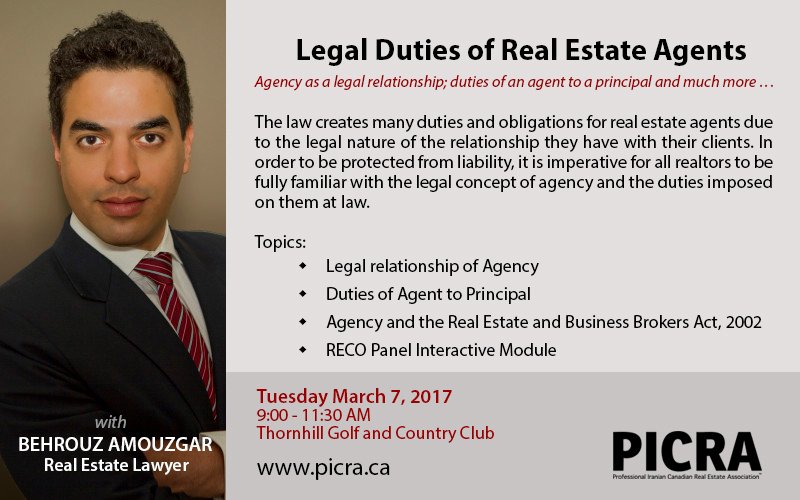
What is the difference of a real agent and a brokerage? They serve very different purposes, so let us take a look at what the main differences are between them. Working with an agent and broker is a good idea, regardless of whether you are looking for a home to buy or to sell. Both are beneficial, so your choice. Learn more in our broker vs agent comparison article.
Real estate agent
While there are some differences among brokers and agents they are equally important to a successful home purchase experience. Brokers handle legalities while buyers' agents negotiate offers and find properties. They also help with paperwork and manage escrow funds. The buyer's representative is responsible for finding the perfect home and helping buyers navigate the process. Some jurisdictions refer to agents as brokers.

Agents are licensed salespeople, and realtors are licensed real-estate professionals. Both are required to hold real estate licenses by law. They must follow strict ethical codes. Real estate agents must be members of the National Association of Realtors, and adhere to the code of ethics. A broker must be licensed as a real estate agent. The two roles are therefore very different.
Agent for the buyer
The choice between a buyer's agent and a broker should be based on your personal situation. The former is legally required to represent the buyer's best interests. The seller's buyer's agent has a fiduciary responsibility. Buyer's agent have the advantage of an outsider’s view and are therefore better equipped to assist buyers. Buyers must be aware of both the benefits and drawbacks to working with a buyer’s agent.
An agent for the buyer can offer many services, such as market analysis and the evaluation of similar sales. They also help to determine the offer value, which is based on the property's unique features. The buyer's agent can also help with the preparation of a co-op board bundle or other contract terms. A buyer's agent also assists in navigating the speed bumps that can derailing a deal. Agents can help you avoid making costly mistakes that could endanger your deal.
Insurance broker
It can be difficult to decide between an agent and an insurance broker when you are looking for insurance. A state license is required for insurance agents. These agents are usually tied to just a few companies. Brokers, on the other hand, can shop around and compare all possible options for you, saving you a significant amount of time. Here are a few reasons you should choose a broker to help you find the right insurance.

The main difference between an insurance agent or an insurance broker lies in their representation. An insurance agent represents the insurer, while a broker represents the insurance buyer. A broker may be independent or captive and can represent any number of insurance companies. A broker can represent multiple companies and have a greater network of contacts. A broker can represent multiple insurers while an agent may only represent one. The difference is significant.
FAQ
Do I need a mortgage broker?
A mortgage broker may be able to help you get a lower rate. Brokers are able to work with multiple lenders and help you negotiate the best rate. Brokers may receive commissions from lenders. Before signing up, you should verify all fees associated with the broker.
How long does it take to sell my home?
It depends on many factors, such as the state of your home, how many similar homes are being sold, how much demand there is for your particular area, local housing market conditions and more. It may take 7 days to 90 or more depending on these factors.
Do I need flood insurance
Flood Insurance protects you from flooding damage. Flood insurance protects your belongings and helps you to pay your mortgage. Learn more about flood coverage here.
What should I look for in a mortgage broker?
A mortgage broker helps people who don't qualify for traditional mortgages. They shop around for the best deal and compare rates from various lenders. This service may be charged by some brokers. Others offer free services.
Statistics
- 10 years ago, homeownership was nearly 70%. (fortunebuilders.com)
- Over the past year, mortgage rates have hovered between 3.9 and 4.5 percent—a less significant increase. (fortunebuilders.com)
- Some experts hypothesize that rates will hit five percent by the second half of 2018, but there has been no official confirmation one way or the other. (fortunebuilders.com)
- This means that all of your housing-related expenses each month do not exceed 43% of your monthly income. (fortunebuilders.com)
- It's possible to get approved for an FHA loan with a credit score as low as 580 and a down payment of 3.5% or a credit score as low as 500 and a 10% down payment.5 Specialty mortgage loans are loans that don't fit into the conventional or FHA loan categories. (investopedia.com)
External Links
How To
How to locate an apartment
Finding an apartment is the first step when moving into a new city. This process requires research and planning. This includes researching the neighborhood, reviewing reviews, and making phone call. You have many options. Some are more difficult than others. Before renting an apartment, it is important to consider the following.
-
You can gather data offline as well as online to research your neighborhood. Online resources include websites such as Yelp, Zillow, Trulia, Realtor.com, etc. Other sources of information include local newspapers, landlords, agents in real estate, friends, neighbors and social media.
-
Review the area where you would like to live. Yelp. TripAdvisor. Amazon.com all have detailed reviews on houses and apartments. You may also read local newspaper articles and check out your local library.
-
Call the local residents to find out more about the area. Talk to those who have lived there. Ask them what they liked and didn't like about the place. Ask if they have any suggestions for great places to live.
-
Check out the rent prices for the areas that interest you. Renting somewhere less expensive is a good option if you expect to spend most of your money eating out. However, if you intend to spend a lot of money on entertainment then it might be worth considering living in a more costly location.
-
Find out about the apartment complex you'd like to move in. It's size, for example. What's the price? Is it pet-friendly What amenities does it have? Is it possible to park close by? Are there any special rules for tenants?